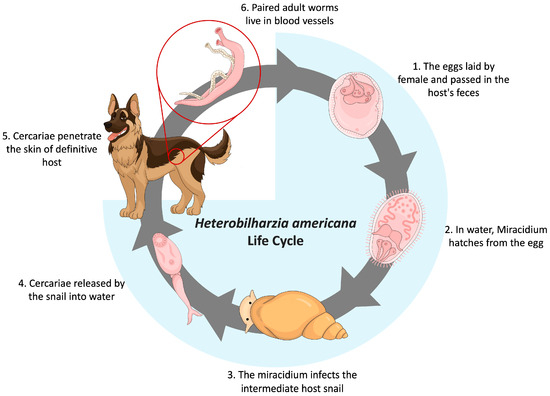2024-03-14 リンショーピング大学
<関連情報>
- https://liu.se/en/news-item/small-amounts-of-liquorice-raise-blood-pressure
- https://www.sciencedirect.com/science/article/pii/S0002916524000194?via%3Dihub
無作為クロスオーバー試験において、甘草の1日低用量摂取がレニン、アルドステロン、家庭血圧に影響する A low dose of daily licorice intake affects renin, aldosterone, and home blood pressure in a randomized crossover trial
Peder af Geijerstam, Annelie Joelsson, Karin Rådholm, Fredrik H Nyström
The American Journal of Clinical Nutrition Available online:20 January 2024
DOI:https://doi.org/10.1016/j.ajcnut.2024.01.011

Abstract
Background
Licorice, through the effects of glycyrrhizic acid (GA), raises blood pressure (BP). The World Health Organization has suggested that 100 mg GA/d would be unlikely to cause adverse effects, but of 13 previously published studies none have been randomized and controlled and independently quantified the GA content.
Objective
Our aim was to analyze the effects on home BP of a daily licorice intake containing 100 mg GA.
Methods
Healthy volunteers were randomly assigned to start with either licorice or a control product in a nonblinded, 2 × 2 crossover study. Home BP was measured daily, and blood samples were collected at the end of each 2-wk period.
Results
There were 28 participants and no dropouts. The median age was 24.0 y (interquartile range 22.8–27.0 y). During the licorice compared with control intake period, the systolic home BP increased [mean difference: 3.1 mm Hg (95% confidence interval [CI]: 0.8, 5.4 mm Hg) compared with -0.3 mm Hg (95% CI: -1.8, 1.3 mm Hg); P = 0.018] and renin and aldosterone were suppressed [mean change: -30.0% (95% CI: -56.7%, -3.3%) compared with 15.8% (95% CI: -12.8%, 44.4%); P = 0.003; and -45.1% (95% CI: -61.5%, -28.7%) compared with 8.2% (95% CI: -14.7%, 31.1%); P <0.001, respectively]. In the quartile of participants with the most pronounced suppression of renin and aldosterone, N-terminal prohormone of brain natriuretic peptide concentration increased during the licorice compared with control period [mean change: 204.1% (95% CI: -11.6%, 419.7%) compared with 72.4% (95% CI: -52.2%, 197.1%); P = 0.016].
Conclusions
We found licorice to be more potent than previously known, with significant increases in BP, after a daily intake of only 100 mg GA. Thus, the safe limit of intake of this substance might need to be reconsidered.


